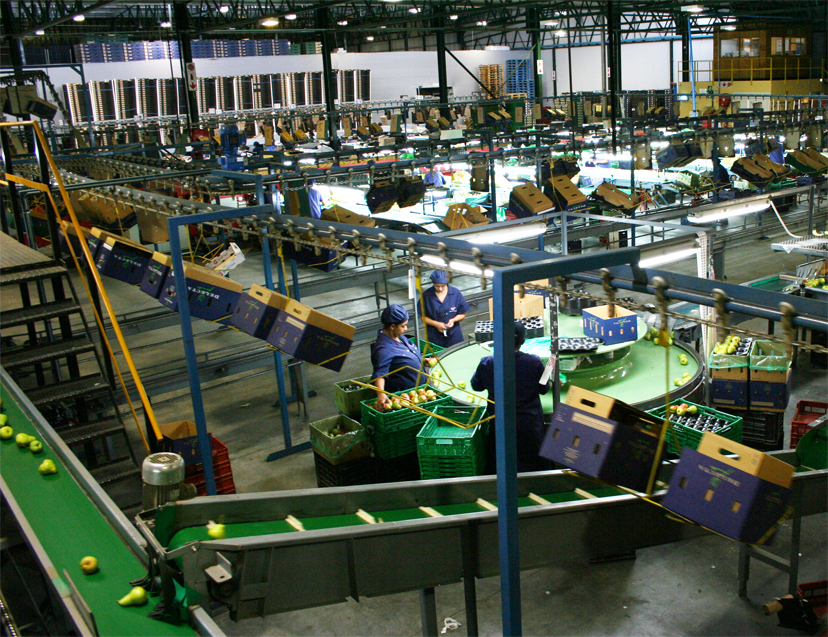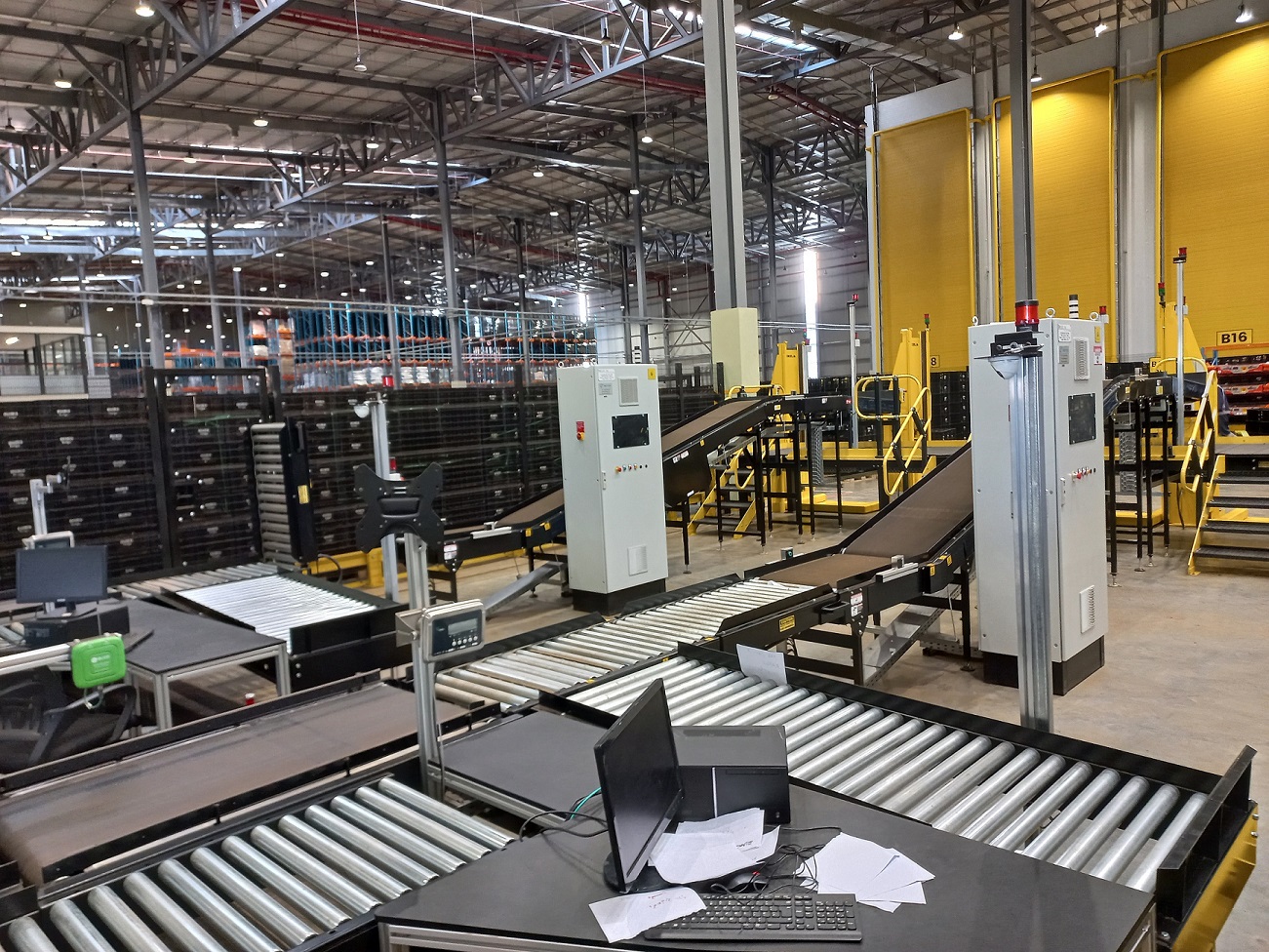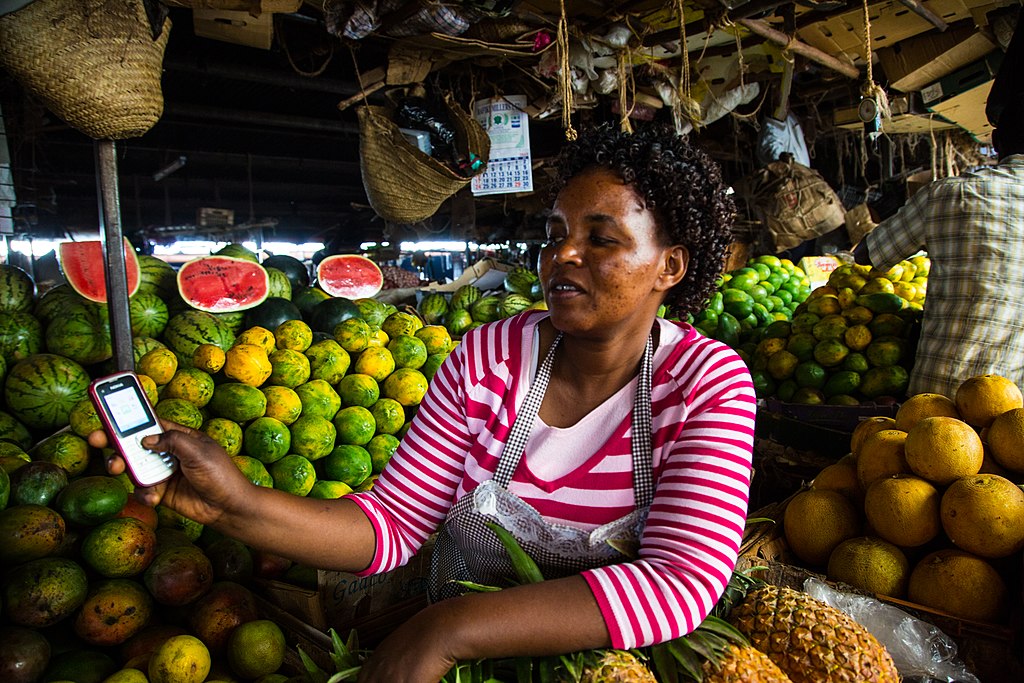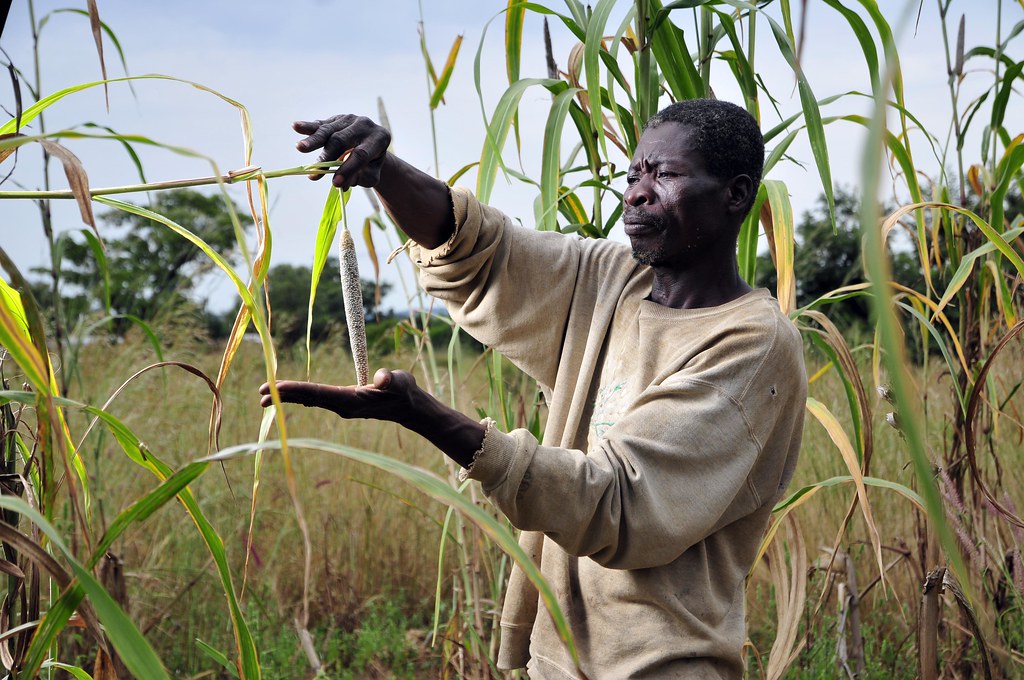
Mechanization and automation in Africa’s agroprocessing sector: Implications for employment and skill needs
This study assesses the status of mechanization and automation in Africa's agroprocessing sector and related impacts on jobs and skill requirement.











